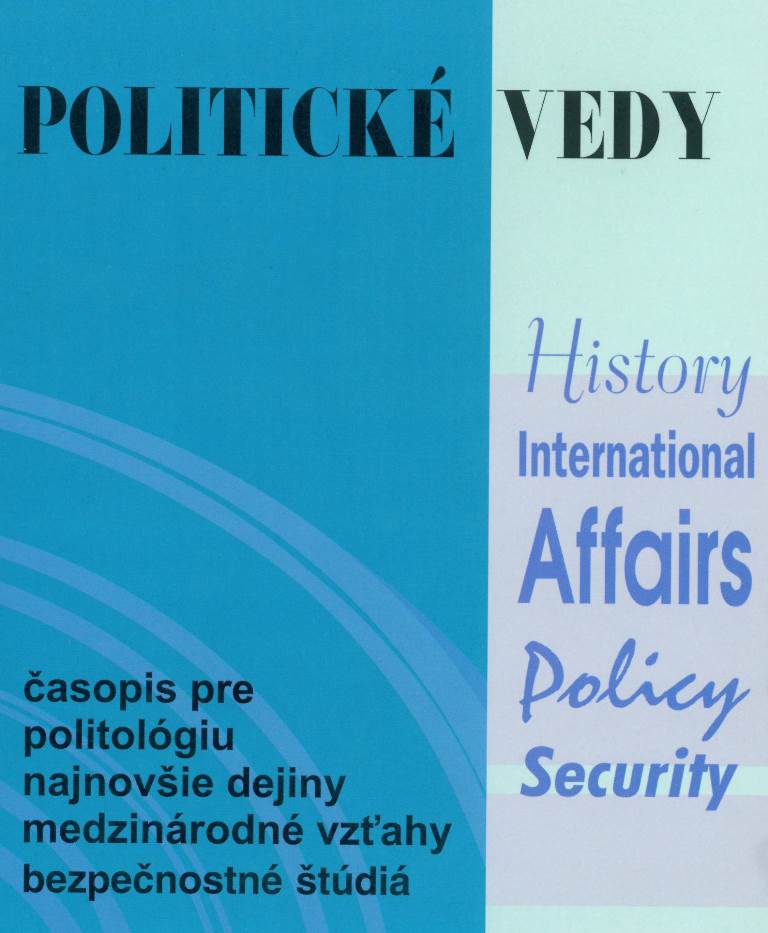Teórie pôvodného významu štvrtého dodatku ústavy Spojených štátov amerických
Theories of the Original Meaning of the Fourth Amendment to the United States Constitution
Author(s): Gilbert FutóSubject(s): Politics, Government/Political systems
Published by: Univerzita Mateja Bela
Keywords: Fourth Amendment; Reasonableness clause; Original Public Meaning; Warrant clause;
Summary/Abstract: The Fourth Amendment to the United States Constitution prohibits unreasonable governmental intrusions and specifies requirements for a valid search and seizure warrant. Although this constitutional provision was created in 1789, it wasn´t until the beginning of the 20th century when the Fourth Amendment and its original meaning became a major issue before the Supreme Court of the United States. Academics, lawyers and judges presented different views on the original meaning of the amendment. The present study looked at the historical background of the Fourth Amendment and its interpretation by various researchers. The main question was whether the first clause prohibiting unreasonable searches and seizures created broad reasonableness standard, meaning warrant clause provides only one way for a search or seizure to be reasonable or searches and seizures are considered to be unreasonable unless there is a warrant as specified in the second clause, meaning the Fourth Amendment originally prohibited general warrants only and did not create universal reasonableness standard. Based on their interpretation, selected authors were divided into two groups. Disagreement centered on the relationship between two clauses of the amendment. The study presented two basic theories of the original meaning of the Fourth Amendment, interaction theory and reasonableness theory. Both of them are currently relevant to the interpretation of the Fourth Amendment by the federal courts in the United States.
Journal: Politické vedy
- Issue Year: 22/2019
- Issue No: 1
- Page Range: 229-246
- Page Count: 18
- Language: Slovak

